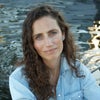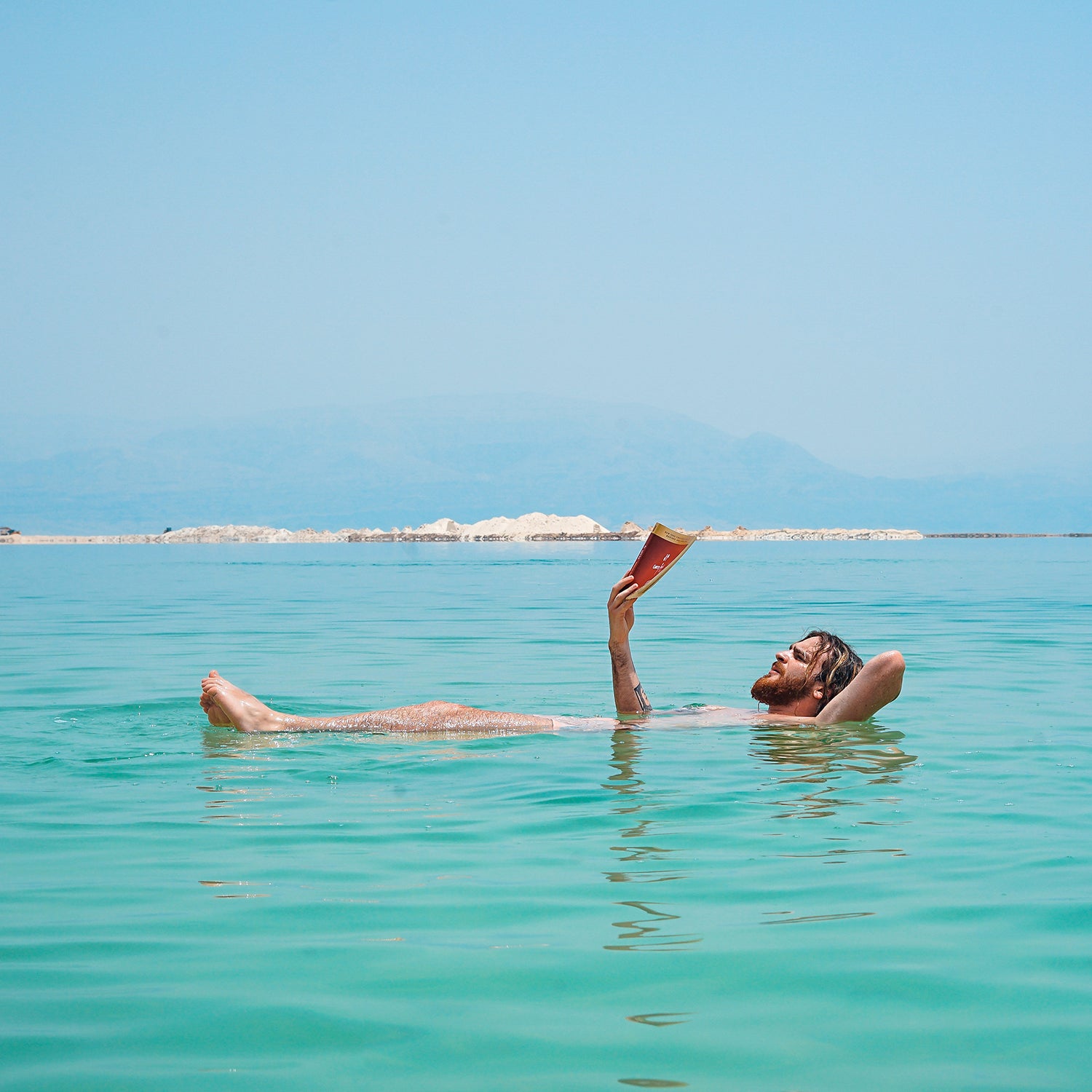Every body is a beach body, and every read is a beach read if you want it to be. We’ll let you look elsewhere if you seek the usual trashy fiction or romantic mysteries, which we fully endorse. But here, for your reading pleasure, are a handful of reads that stretch the genre. Some are literally about the beach and beach creatures (human, animal, or otherwise). Others are about mortality or beavers. All will keep you riveted when it’s time to get out of the water.
‘The World in a Grain’ by Vince Beiser
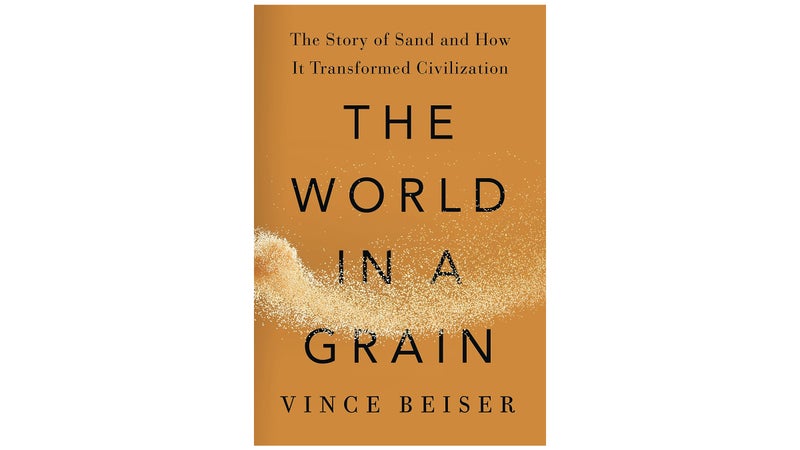
How much do you think about the actual beach? After air and water, sand is the natural resource we consume the most of. Vince Beiser’s new book, , looks at the history of humans using sand and why that use has ramped up sharply—where do you think all those chips in Silicon Valley come from? Turns out sand is a great analogy for our ripping through resources without regard for the future. The book is both serious and illuminating—you might never look at a stretch of beach the same way again.
‘Natural Causes’ by Barbara Ehrenreich
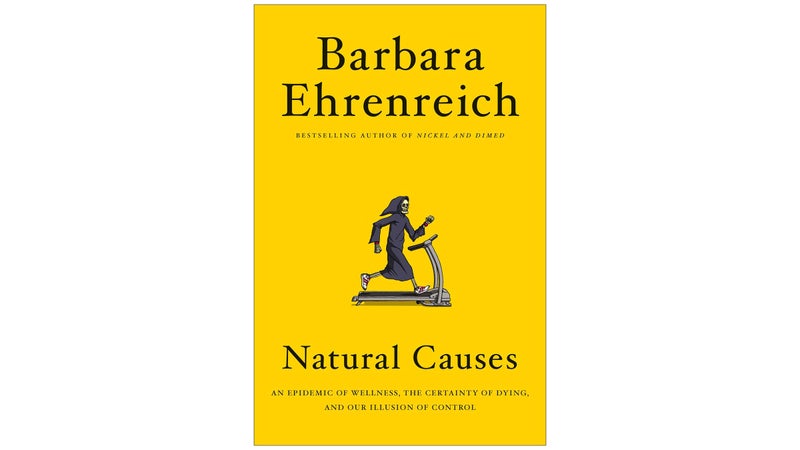
You could call this the anti-self-help book. In , Barbara Ehrenreich lays into the medical and wellness worlds, arguing that we worry too much about prolonging our lives at the expense of actually living our days. Not to mention, we’re easily suckered by the snake oil of fad diets, the wellness industry, overzealous doctors, and inconclusive science. It gets a little wonky when she goes deep into biology (Ehrenreich has a PhD in cellular immunology), but it’s a fascinating, detailed send-up of the ways we try to take care of ourselves and how Americans are prone to trusting any voice besides their own when it comes to their health.
‘Eager’ by Ben Goldfarb
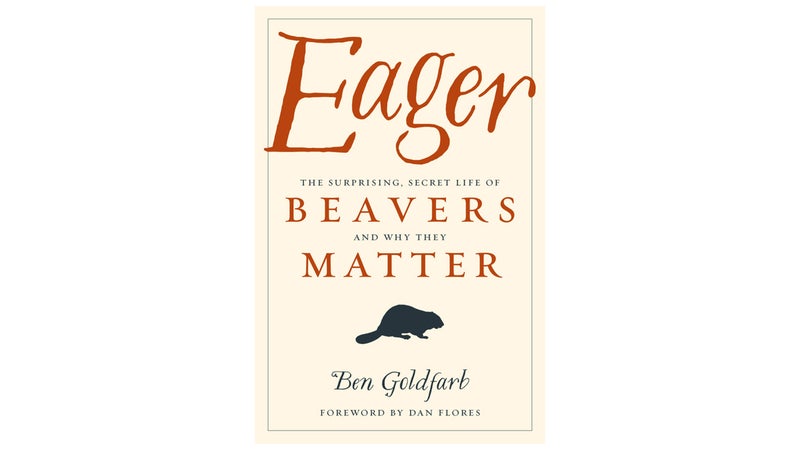
Ben Goldfarb, a longtime fisherman and paddler, became a beaver believer, as he calls it, after a scientist at an otherwise boring conference showed him that beavers were the architects of all his favorite habitats, from Oregon’s salmon streams to dry southwestern creeks. Goldfarb then spent years crossing the country, exploring beaver habitats to look at the ways the animals sculpted the American landscape, how their extirpation by way of the fur trade drastically changed waterways, and how bringing them back could save water and slow climate change. I can’t explain it better than he does in : “Trying to mitigate floods or improve water quality? There’s a beaver for that. Hoping to capture more water for agriculture in the face of climate change? Add a beaver. Concerned about sedimentation, salmon runs, wildfire? Take two families of beaver and check back in a year.”
‘Welcome to Paradise, Now Go to Hell’ by Chas Smith
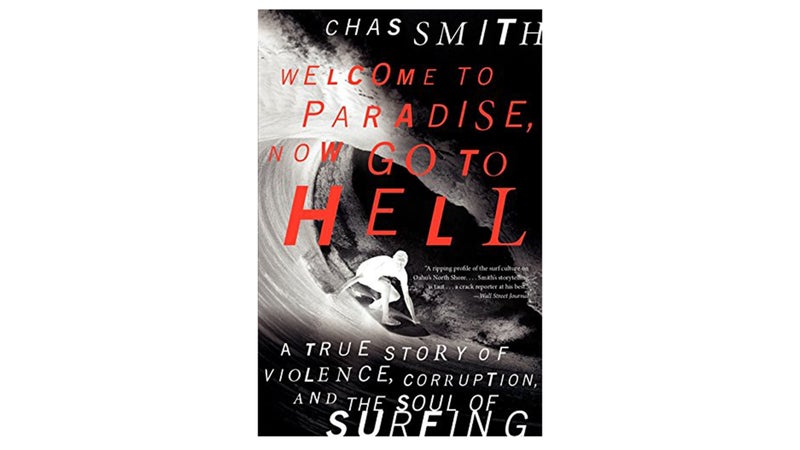
If you liked surf writer Chas Smith’s acerbic voice in his new book, Cocaine and Surfing, pick up his first book, , which is even trashier and more raucous. It’s a gossipy, skewering look at life on the North Shore of Oahu, and, as Smith says in Cocaine, he wrote it in part to try to burn his bridges with the surf industry. Smith spares no one, including himself, in his relay of the violence, partying, and cronyism of the surfing world, which makes for gleeful, raw reading about a slice of sports that’s often sterilized and idealized.
‘A Thirsty Land’ by Seamus McGraw
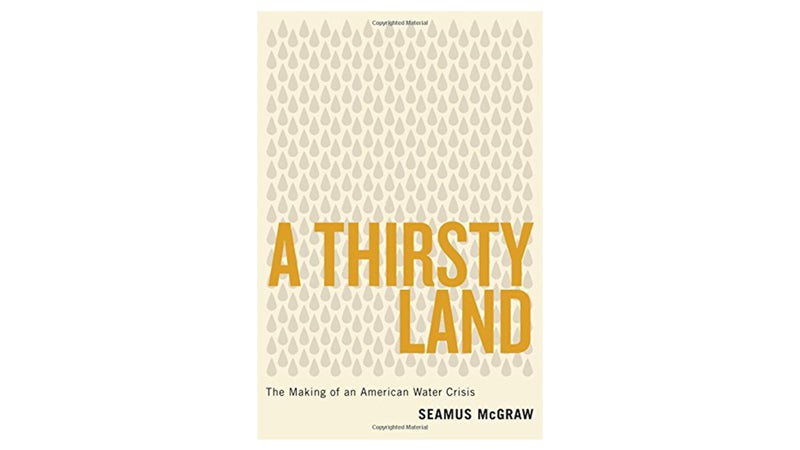
It’s hard to write about the slow creep of environmental crises like drought without resorting to shock tactics or getting lost in the weeds. In , Seamus McGraw’s look at the state and future of the water in Texas, he draws out the conflicts in compelling ways by drilling into the plight of individual water users. Even if you feel no connection to Texas, these stories are relevant to every part of the country.
‘Campfire Stories’ Edited by Dave and Ilyssa Kyu
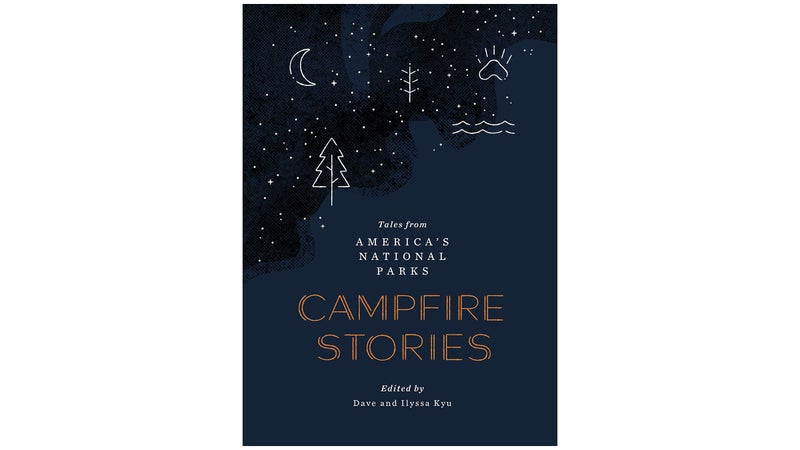
If you want a chunk of quick reads, Dave and Ilyssa Kyu have compiled writings by diverse voices about six different national parks that are perfect for telling out loud. The snack-sized readings in include Terry Tempest Williams’ musings about Zion, Isabella Bird’s letters to her sister after becoming the first woman to climb Colorado’s Longs Peak, and Wabanaki poems about Acadia. It’s a great summer skimmer.
‼��ܳٱ����Ա�’ by Rachel Cusk
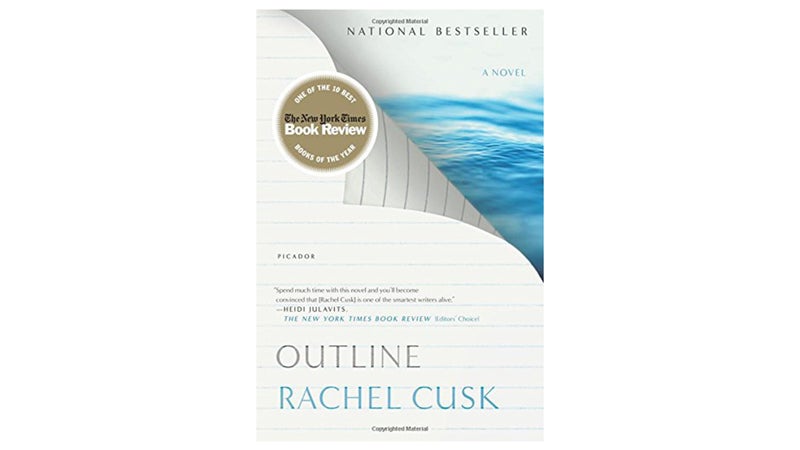
Rachel Cusk’s most recent book, , the third in her trilogy about the travels of a writer named Faye, just came out to . But the first book in the series, , in which Faye goes to Greece for a writing retreat, is the gold standard of smart summer reading. Cusk nails the fuzzy, disconnected feeling that comes from exploring a new place with new people you don’t quite understand.

